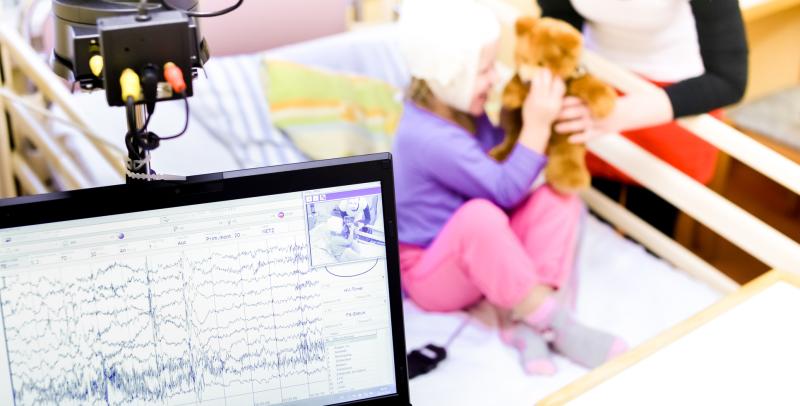
Epilepsy appears to be common in infants and children a year after cerebral sinovenous thrombosis (CSVT) diagnosis, a recent study has found.
Researchers conducted a prospective investigation of 24 patients (67 percent male; 21 percent neonate) with CSVT. Guardians were given seizure diaries at hospital discharge and after 1 year. Outcomes such as seizure recurrence, epilepsy and the use of antiepileptic drugs were assessed.
After 1 year, there were no reports of recurrent or new CSVT after hospital discharge. However, at this time point, 25 percent (n=6) had been diagnosed with epilepsy, occurring comparably between those with vs without acute seizures (22 percent vs 27 percent; p=0.999).
Antiepileptic drug use was reported in seven of the nine patients (78 percent) with acute seizures and was more likely to be documented in these patients than in those without acute symptomatic seizures (p=0.003).
Twenty-one patients had available scores for the modified Rankin Scale and the Kings Outcome Scale for Childhood Head Injury. These showed that 29 percent (n=6) had moderate disability, though scores in both tools were comparable between those with vs without acute seizures and epilepsy.
Of the six epileptic patients at 1 year, three had abnormal neurological outcomes, with Engel scores >0: One had had a seizure in the last 6 months, another had one to four episodes per month, and the last had five to 30 seizures per month. All three were on antiepileptic medication. No deaths were reported in the overall cohort.